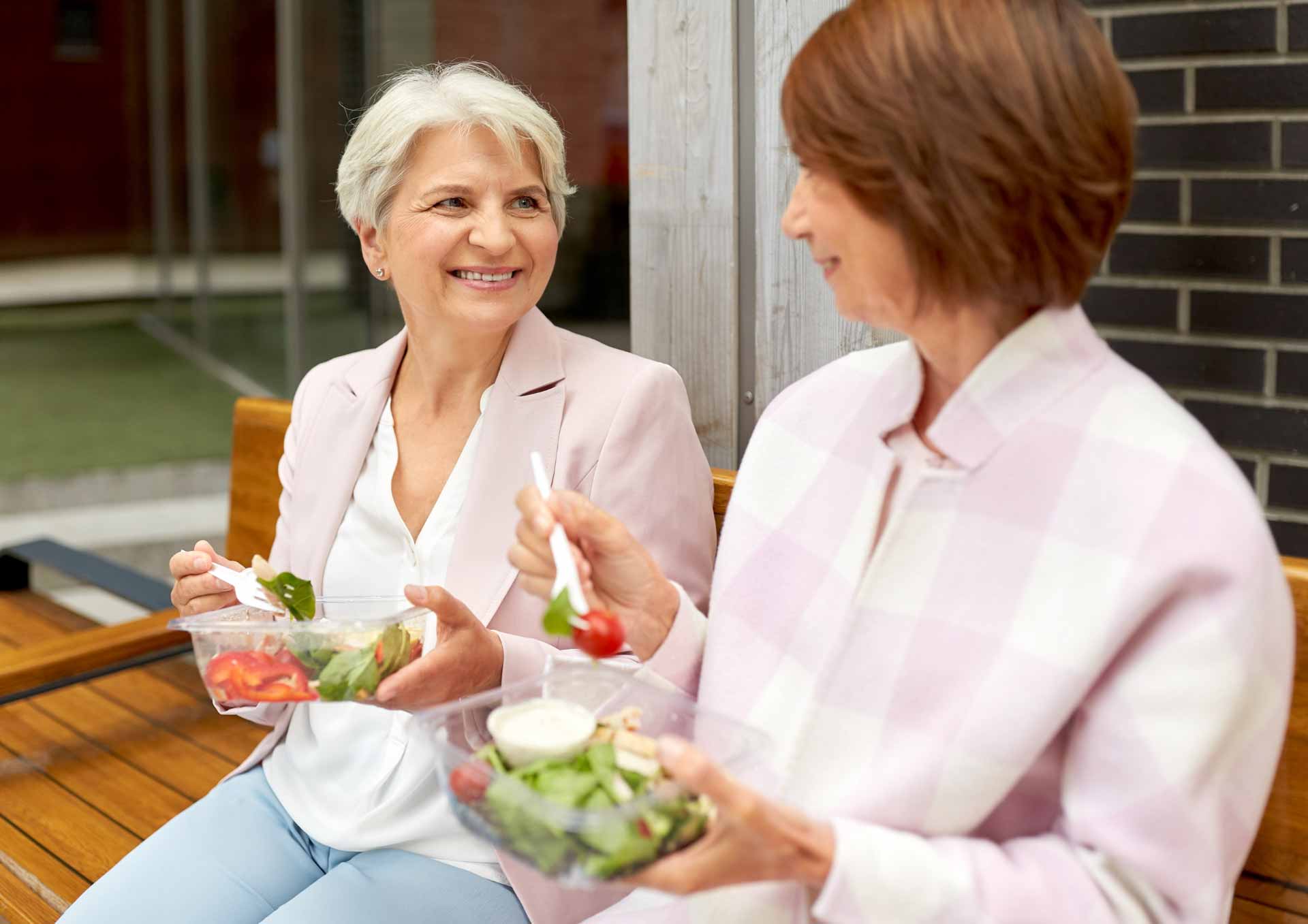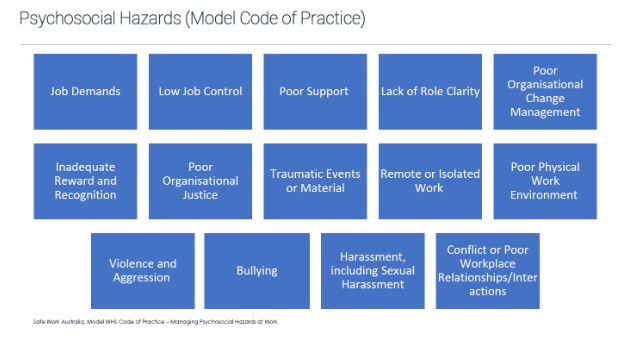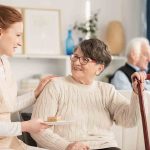Shining a light on stronger bones: National Osteoporosis Day 2023
On National Osteoporosis Day, we’re heading into the world of bone health. Recent statistics reveal that over 2.2 million Australians aged 50 and over are affected by Osteoporosis. The good news is there are experts in the field of nutrition who can help combat this condition: accredited Dietitians.
Osteoporosis literally means “bones with holes”. It occurs when bones lose minerals such as calcium more quickly than the body can replace them”[1]. The bones become less dense, lose strength and are at increased risk of fracture.
Osteopenia describes a loss of bone mineral density compared to normal, however the bone density loss is not as severe as those with osteoporosis.[2]
Risk factors include age, sex, genetics (family history, cultural background), medications, low body weight, smoking, alcohol, and auto immune conditions can also increase your risk of osteopenia and osteoporosis.
Interestingly, approximately 50% of patients who survive an osteoporosis fracture (commonly hip or spine), are discharged into an aged care home. While Osteoporosis is most common in women due to increased loss associated with menopause, it can affect both men and women.
It is recommended that adequate calcium, vitamin D and exercise are included in diet and lifestyle as they help to ensure that the body is building and maintaining strong healthy bones.
Calcium requirements for the average adult is 1,000 mg of calcium per day. For women over 50 years and men over 70 years it is higher at 1,300 mg of calcium per day. [3]
If there is inadequate calcium in your blood, your body will take calcium the calcium it needs from your bone stores which increases your risk of osteoporosis. While dairy foods (milk, yoghurt, cheeses) contain the highest amounts of calcium, other good sources include tofu, tinned salmon, sardines, green leafy vegetables, broccoli, bok choy, oranges, almonds and brazil nuts, eggs and more.
Vitamin D assists with the body’s ability to absorb calcium in your diet. While we get most of our vitamin D from the sun, mushrooms, eggs, fatty fish like salmon, herring, mackerel, hard cheese, and fortified dairy or food sources.[4]
Exercise is recommended to help maintain muscle and bone strength throughout adulthood. It also helps to reduce bone loss in older age and maintain strength to support mobility and balance.[5]
There are several good resources available at the Healthy Bones Australia website and the Osteoporosis Foundation website, for both health professionals and clients.
https://healthybonesaustralia.org.au/
https://www.osteoporosis.foundation/educational-hub/material/patient-resources
Plena Dietitians can provide support and guidance around bone health to you in your private home or residential aged care facility. Get in touch to make a referral today.
[1] https://www.betterhealth.vic.gov.au/health/conditionsandtreatments/osteoporosis#what-is-osteoporosis
[2] https://www.healthdirect.gov.au/osteopaenia
[3] https://healthybonesaustralia.org.au/wp-content/uploads/2022/10/hba-fact-sheet-calcium.pdf
[4] https://www.osteoporosis.foundation/educational-hub/topic/calcium/list-of-calcium-content-of-common-foods
[5] https://healthybonesaustralia.org.au/your-bone-health/exercise-bone-health/



